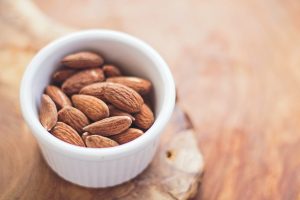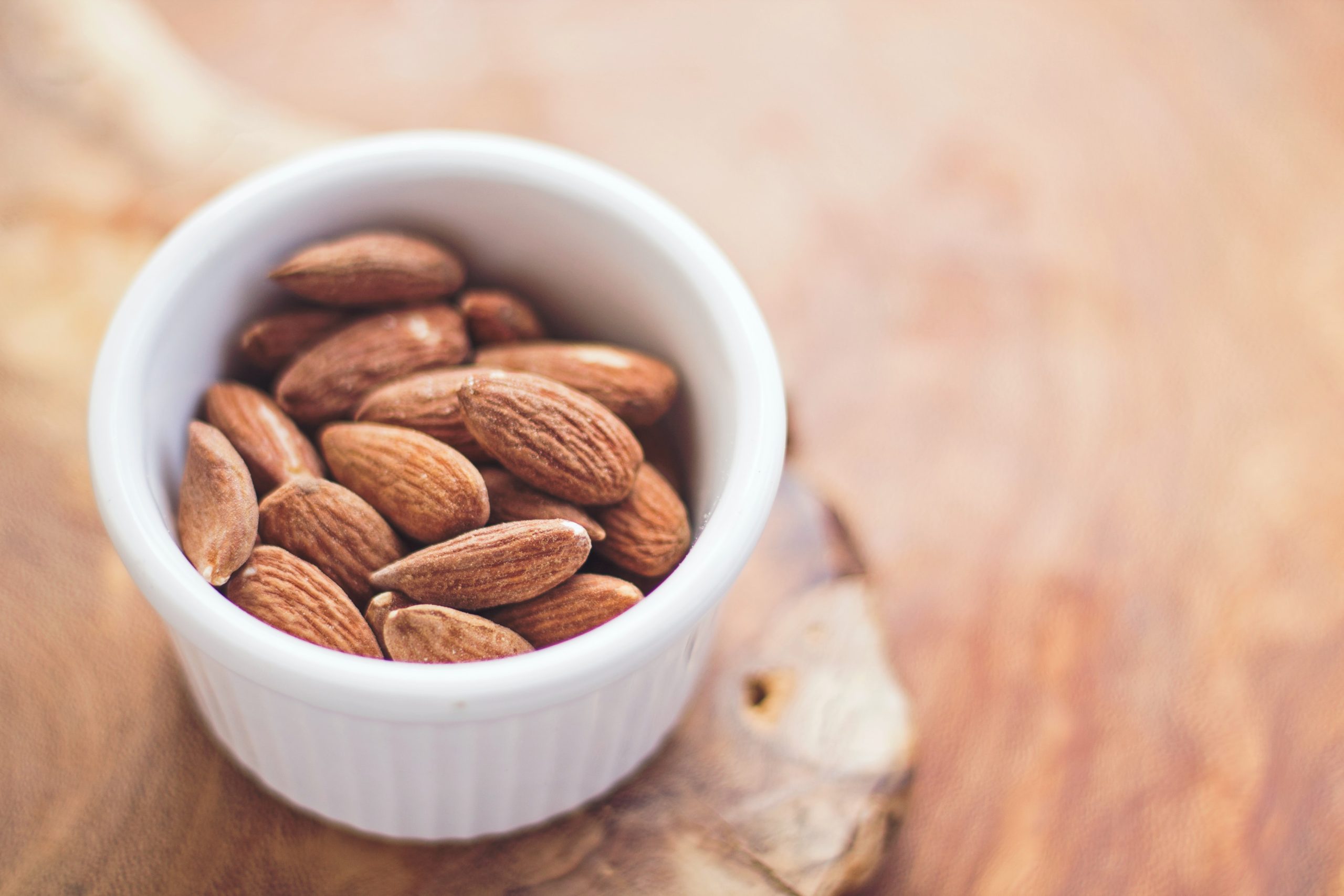 When it comes to weight loss, nuts and nut products are often hotly debated. Many avoid them because they are energy dense and high in fat. But they are also a rich source of protein, fibre and fatty acids that can promote satiety and reduced energy intake.
When it comes to weight loss, nuts and nut products are often hotly debated. Many avoid them because they are energy dense and high in fat. But they are also a rich source of protein, fibre and fatty acids that can promote satiety and reduced energy intake.
This raises the question – can you consume nuts and nut products and maintain your weight, regardless of how they are incorporated into the diet?
Background
Studies have suggested that nut consumption does not contribute to weight gain. However, these studies often manipulate the diet or provide instructions about incorporating nuts by substituting them for other foods. This leaves it unclear whether the type of diet instructions provided can impact the weight and body composition outcomes.
Nuts may be provided without dietary instruction, with instructions to substitute energy-equivalent foods or within the provision of all meals to keep participants in energy balance. These different options may influence the outcomes.
It was hypothesised that studies without substitution instructions would result in an increase in body weight, BMI, waist circumference and body fat percentage, whereas those that had energy or fat-substitution instructions would not lead to any changes in these variables.
The study
Researchers designed a systematic review and meta-analysis of studies that involve the consumption of nut/nut products to assess the impact on body weight and composition.
PubMed and Web of Science were searched for clinical trials involving the daily consumption of nuts or nut-based snacks/meals. Trials needed to be conducted in adults, go for >3 weeks, and report body weight, BMI, waist circumference or total body fat percentage.
Studies were categorised based on whether they contained dietary substitution instructions or not. The quality of studies was assessed using the Cochrane risk-of-bias tool.
The findings
55 studies were included in the meta-analysis. 52 included effects for body weight, 36 for BMI, 27 for waist circumference and 19 for body fat percentage.
Study populations included normal weight/healthy individuals, overweight/obese individuals and those with hypercholesterolemia, metabolic syndrome, prediabetes, Type 2 diabetes and elevated cardiovascular disease risk.
Nut and nut products included almonds, cashews, hazelnuts, macadamia nut, mixed nut, peanut, pecan, pistachio, walnut, and a nut-based snack bar.
In the studies were substitution instructions were given, types of instructions included: substituting energy from habitual diet, substituting fat energy, substituting starchy foods or meat sources, substituting a combination of foods or macronutrients, substituting specific food items recommended in a background diet and substituting specific foods based on individualized advice or exchange lists.
In studies without dietary substitution, there was no change in body weight, BMI, waist circumference or body fat percentage.
In studies with dietary substitution, there was no changes to body weight, BMI or waist circumference. However, there was a significant decrease in body fat percentage.
Conclusions
The researchers concluded that based on the meta-analysis, nut consumption does not result in changes to body weight, BMI or waist circumference in studies with or without substitution instructions.
Nut consumption may result in decreased body fat percentage when substitution instructions are used. It was also suggested that nuts may be consumed, even in large quantities, without changes to body weight or composition.
Some limitations were noted. There were differences in nut types, dosages and substitution instructions among the studies included.
The inclusion of crossover design studies could introduce unit-of-analysis error, but this did not outweigh the potential loss of sample size if they were excluded. To minimise the impact of this error, the researchers removed crossover studies for the secondary analysis, and there was no significant change in results when this was done.
Further studies and analysis may be required to explore the impact of different nuts, dosages and instructions on weight and body composition.
Reference
Guarneiri, L.L. and Cooper, J.A., 2020. Intake of Nuts or Nut Products Does Not Lead to Weight Gain, Independent of Dietary Substitution Instructions: A Systematic Review and Meta-Analysis of Randomized Trials. Advances in Nutrition.

